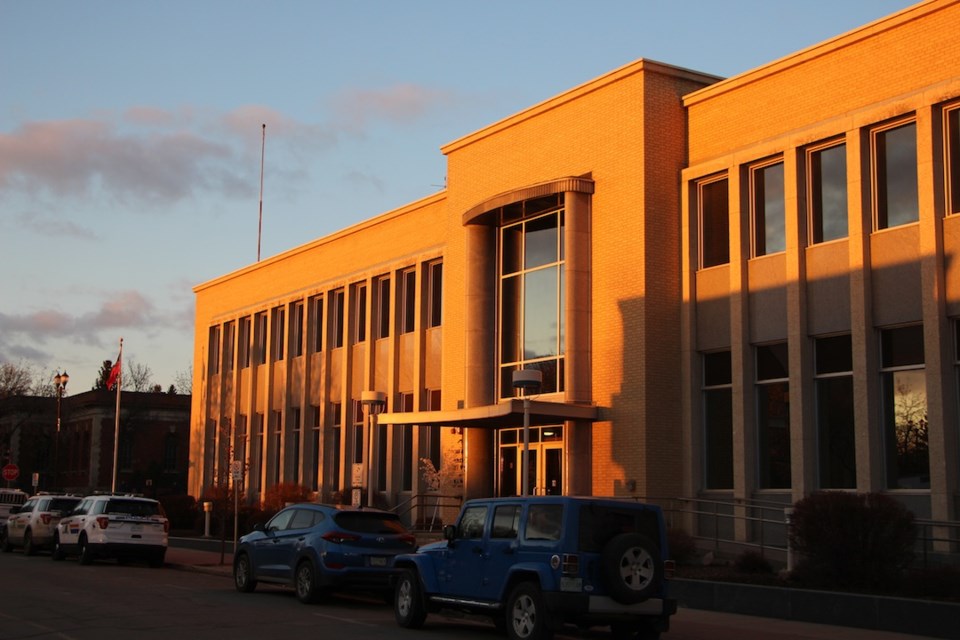The recently re-elected Saskatchewan Party is certainly focused right now in lending a governmental hand to small business in the face of ongoing pressures from the COVID-19 pandemic.
Last week the Government of Saskatchewan announced the Saskatchewan Small Business Emergency Payment (SSBEP) program is being renewed for the period of December 1 to December 31. Through this program, small businesses closed or significantly curtailed due to a public health order will be eligible for provincial support.
Eligible applicants will receive a payment of 15 per cent of their monthly sales revenue, to a maximum of $5,000, based on the greater of November 2019, December 2019, or February 2020 sales revenue.
The move by the province was seen as a positive one by Yorkton Chamber of Commerce.
“The Yorkton Chamber is pleased by the renewal of the SSBEP program,” offered Executive Director Juanita Polegi.
“Many of our small businesses have struggled and the funds will be welcome.”
Then Monday the Government of Saskatchewan announced the new Strong Recovery Adaptation Rebate (SRAR), which will assist businesses as they adapt their business models to address the challenges caused by the global COVID-19 pandemic.
The rebate will assist businesses who have adapted to different business models, such as changing the use of square footage, installing physical infrastructure to comply with COVID-19 mitigation guidelines, and upgrading technology, such as websites, to enhance their business.
The program is for Saskatchewan businesses that employ less than 100 people, have or will incur expenses to adapt their business model between April 1, 2020, and February 28, 2021, plan to continue operating, and have experienced at least a 30 per cent revenue decline compared to 2019.
Eligible applicants will receive a rebate of 50 per cent up to a maximum of $5,000 for a $10,000 expenditure, with amounts being determined based on business expenditures for changing business models to adapt to the current environment brought about due to the global COVID-19 pandemic.
Again it was a move well-received by the local Chamber.
“Businesses have had to incur a great deal of unexpected expense as they adapt to the changes brought about by the pandemic,” offered Polegi. “Small businesses especially have been hard hit. Funding to cover at least some of those expenses will be put to good use.”
Also Monday legislation to reduce the tax rate for Saskatchewan small businesses over the next three years was introduced, fulfilling another major commitment made by the government in the recent election campaign.
Under the initiative, Saskatchewan’s small business corporate income tax rate drops from two per cent to zero effective October 1, 2020. Beginning July 1, 2022, the small business tax rate will move to one per cent. And on July 1, 2023, the small business tax rate will return to two per cent.
The programming has to be seen as a positive for business as the government clearly wants the doors to remain open even as COVID-19 case numbers soar in the province.
In the earlier response to the pandemic many small businesses were forced to close, even as big box stores stayed open selling the same products. It was a government response that created inequity due to regulation.
Today numbers are much higher than they were in March and April when doors initially closed.
There were 274 new cases of COVID-19 to report in Saskatchewan Monday, with the seven-day average of daily new cases at 264. The provincial total to-date of cases is 10,412, including 60 deaths.
In spite of the stark numbers there is little appetite to lock down businesses to protect the public from itself as people continue to shop and travel even as the risk grows too.
So the province is left to formulate programs to bolster business while hoping common sense will win out and people naturally begin to change habits to flatten the COVID-19 curve.



